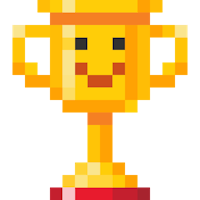Public domain refers to creative works that are no longer protected by intellectual property laws, such as copyright, trademark, or patent. This means that anyone can use, modify, or distribute these works without the need for permission from the original creator or owner. However, the concept of public domain differs from country to country, depending on the laws and regulations that apply.
In general, a work enters the public domain when its copyright term expires. Copyright terms vary depending on the country, the type of work, and the date of creation or publication.
In the US works created after 1978 are lifetime of author + 70 years. Works created before 1978 generally enter when they are over 95 years old.
In the United Kingdom, most works are protected for the lifetime of the author + 70 years, but there are exceptions.
In Canada, copyright lasts for the lifetime of the author plus 50 years.
In Australia, copyright is lifetime of author +70 years, but there are different rules for government works.
Special note: "droit de suite," means that artists and their heirs have the right to receive a percentage of the resale price of their works, even if the works are in the public domain.
What does this mean for me?
Since Yoto is present globally, it is generally advisable to follow the strictest law, even if your country is more lenient.
If you are not using a reputable public domain site like Project Gutenberg and you are unsure if the work is public domain, use a search engine or ask at your local library.
Other free content
Creative Commons is a non-profit organization that provides a set of copyright licenses and tools to enable creators to share their works with others under certain conditions. The licenses range from allowing free use with attribution to prohibiting commercial use or derivative works.
Stock sites with free content such as Pixabay, Pexels, IStock and others. It is vitally important to only use trusted sites for content that have good anti-piracy filters. Each of these sites come with their own terms of service. Each site, and sometimes each work has its own license both paid and free which may limit use to personal only. Some allow for attribution free use, no fee and no conditions on use, but you have to download the license. It’s important to take the time to read the terms of service for the item you download, even if the site itself states claims about its content.
In conclusion, a little research will go a long way to ensuring that your new work is free to share or earn money from!





